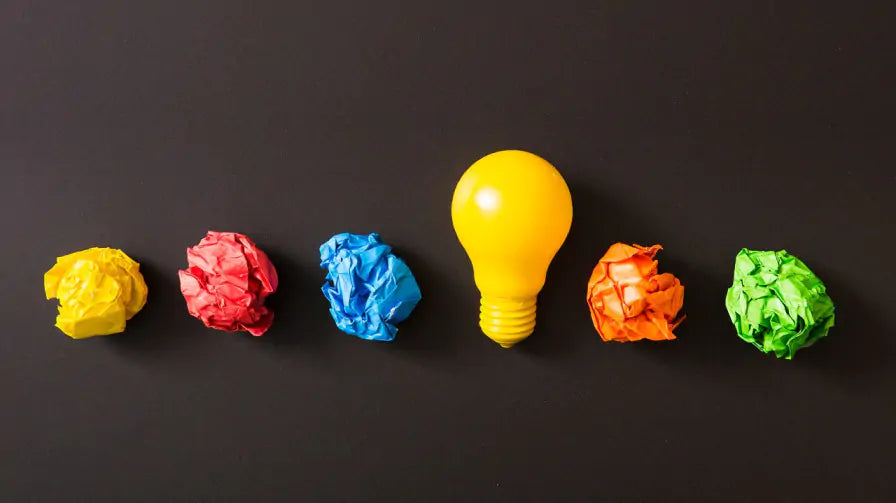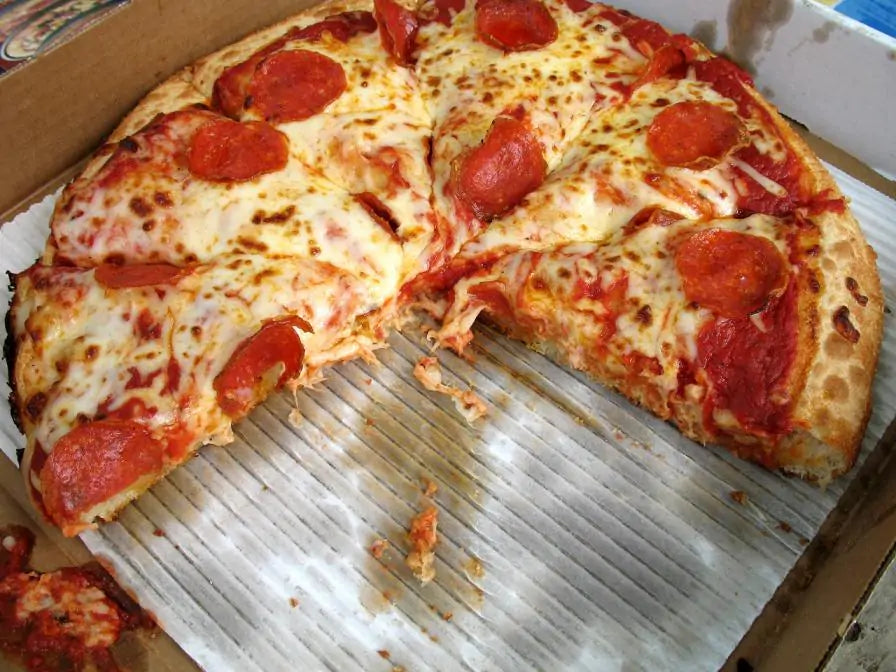Your basket is currently empty.
Shop NowIs Recycling Properly Just Wishful Thinking?

Is Recycling Properly Just Wishful Thinking?
Have you ever dutifully rinsed out your recycling, put it in the bin and felt a bit virtuous because you’re doing the planet some good? Well not so fast. Recycling experts say that a lot of unrecyclable material is getting put in to recycling bins and it’s driving up the cost of the recycling process and rendering much of the material completely useless.
People want to do the right thing, but to get the best from recycling, people have to put the right materials in the bin. So that means no greasy pizza boxes or plastic bags, that can clog sorting machines and contaminate an entire batch of material.
Was it contamination that led to China’s ban?
In 2016, China received around two-thirds of the world’s plastic waste, but last year they banned the import of recyclables, largely because they were receiving so many loads that were contaminated with non-recyclable materials. In short, they were fed up of taking our junk.
What happens when recycling is contaminated?
- Contamination can reduce the quality of recyclable materials which means they aren’t as valuable or that they can’t be sold at all.
- Perfectly good recyclables can still end up in landfill if they are contaminated.
- Many councils are checking for recycling contamination now and your bins might not be collected if you put the wrong items in them. You might get a sticker on your bin explaining why it hasn’t been collected, and repeatedly putting the wrong items in your bin can lead to a warning or even a fine.
- Some materials like plastic bags can jam sorting machinery which makes the recycling process more difficult and costly.

How you can reduce contamination in your recycling bin
- Check the label on packaging to see whether something can be recycled. It might help to check on your local council’s website too if you’re unsure.
- Empty and rinse containers before you put them in your recycling bin.
Definitely don’t recycle:
Glass cookware, Pyrex and ovenware, drinking glasses and ceramics: These aren’t accepted in kerbside recycling collections and need to be taken to a recycling facility. The same rule applies to cutlery, crockery, pots and pans.
Nappies: They do include paper and pulp but they can’t be put in with your recycling. They should be put inside of a securely tied bag and put in with your general waste.






